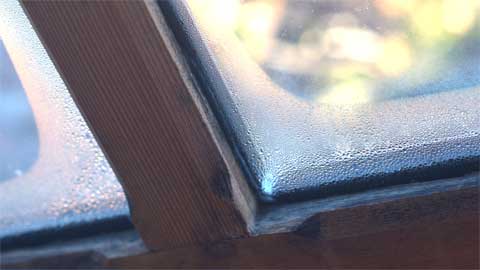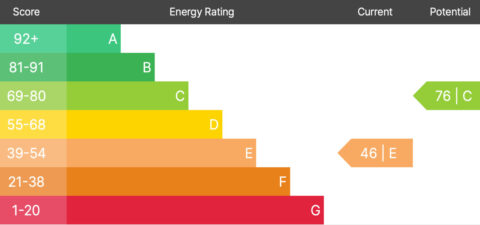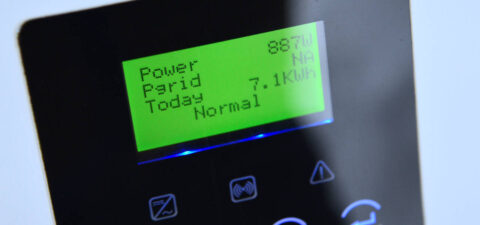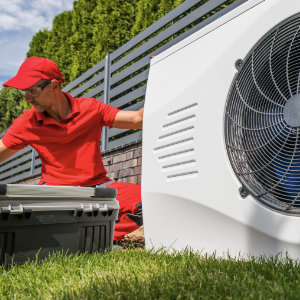We’re all being encouraged to insulate, and draft exclude our homes, which is excellent for reducing energy bills. However, this can be bad for your health if condensation starts causing black mould, which can be potentially hazardous to the very young or elderly. Seal up your home too much, without suitable ventilation, and you will suffer from condensation (water evaporating on cold surfaces), creating damp patches and eventually mould.

Airbricks and trickle vents allow buildings to ventilate naturally
The modern approach to preventing condensation is to have trickle vents fitted into double glassing frames, allowing moisture to escape the building. It may sound counterintuitive to leave these open in cold weather; however, this is when you will need these open the most! Building regulations stipulate that extractor fans are fitted to rooms that generate the most moisture, such as kitchens and bathrooms.
Properties built post-150 years ago tend to have airbricks fitted; these allow the building to ventilate naturally. The golden rule here is not to block them up! Yes, they can be draughty, but they are doing an essential job – preventing dampness. Retrofitting modern draught-preventing vents such as the Passyfier products are a great solution and can be installed by an experienced DIYer. I’ve used these products in renovation projects and new builds and found them to be a very cost-effective, simple solution.
Older homes built with traditional materials such as lime mortars and timber frames will breath naturally, unlike buildings built with modern cement products. If you live in a home that’s over 150 years old and it’s rendered with a cement-based product, and the walls appear damp, it could well be due to the building not being able to breath properly. Replacing this with a lime render should help the building breath during the changing seasons.
Dehumidifiers Electricity Cost Calculator
Ensure your extractor fans are working correctly
The most significant source of water vapour in your home is from your kitchen, cooking, boiling kettles and laundry appliances. Next is your bathroom – showers produce masses of steam which condenses very quickly. It’s vital to ensure your extractor fans are working correctly. If you live in a rented property, your landlord should maintain these as they are part of building regulations.
Drying clothes on radiators releases yet more moisture into your home, so hang out your washing if you can. Or if you have a tumble dryer, make sure that your ventilation is working correctly.
A dehumidifier can help reduce moisture
An electric dehumidifier can help reduce moisture, working similarly to a domestic refrigerator to chill the air and condense excess moisture. The dry air is then pumped into room temperature before leaving the machine. Water is collected in a reservoir, which has to be emptied periodically. They also give off a small amount of heat and effectively create background heating. They can be noisy though and consume electricity!
Tips on how to control black mould and prevent condensation
- Keep trickle vents or a small window slightly open (use window locks for security)
- Don’t block up airbricks
- Ventilate bathrooms and kitchens – don’t turn off extractor fans!
- Keep bathroom and kitchen doors closed
- Cover pans while cooking (saves energy, too), and don’t leave kettles boiling.
- Dry your washing outside whenever you can
- If necessary, use a condenser tumble dryer or vent your tumble dryer outside as per the manufacturer’s guidance.
- Be aware that portable gas heaters (flueless) create water vapour
- A dehumidifier may help – they do use more energy though
Removing Black Mould
- Clean areas affected with a fungicidal mould-killing product. Make sure it carries a Health and Safety Executive “approval number”. Follow the manufacturer’s instructions carefully.
- Remove the lining and affected wallpaper, treat the plaster and then redecorate using fungicidal paint or sealant.

































